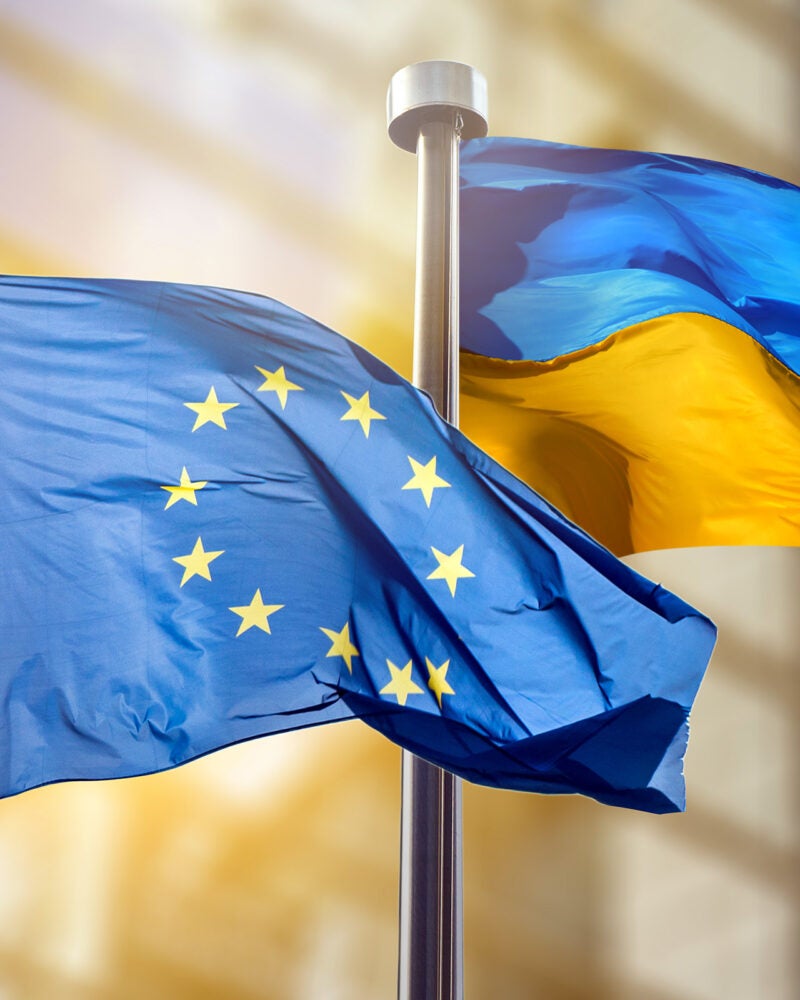People
Elena Chachko
-
Russia is testing the West’s favorite weapon
March 16, 2022
The unprecedented sanctions the West imposed on Russia have hobbled its economy and are hurting the global system, too. But their primary purpose, arguably, is to stop the fighting. And that's not yet happening. Why it matters: Sanctions are increasingly one of the go-to tools in American foreign policy, all over the world — that doesn't mean they always work. ... "Sanctions allow you to feel like you’re doing something. It doesn’t necessarily accomplish what you want to accomplish in practical terms,"said Elena Chachko, a fellow at Harvard Law School who's written extensively about this strategy.
-
National Security by Platform
December 10, 2021
An op-ed by Elena Chachko, the inaugural Rappaport Fellow and an SJD candidate at Harvard Law School: During the chaotic withdrawal from Afghanistan this summer, U.S. policymakers had to decide whether to formally recognize the Taliban as the new Afghan government. But the first policymakers to address this question publicly were not government officials. They were trust and safety and public policy executives within major tech platforms Facebook (now Meta), Google and Twitter. Their seemingly minor decision whether to allow the Taliban to use official Afghan government accounts would have major effects, similar to state recognition. If they decided to let the Taliban communicate with the Afghan people through official channels, they would imbue the Taliban with legitimacy. Ultimately, platforms decided to continue banning Taliban content. This is but one example of what I call platforms’ geopolitical turn. Since 2016, major platforms have become increasingly engaged in a plethora of security and geopolitical challenges that were traditionally the state’s domain.
-
China appears to have complicated efforts to sell TikTok to an American company by introducing new rules that could allow Beijing to veto any potential deal. The twist in the TikTok saga stems from notices published by the Chinese government on Friday, when officials revised rules that govern the sale of certain kinds of technology to foreign buyers. The updated list includes data processing, speech and text recognition — the kind of tech that experts say is used by the popular short-form video app. The announcement marked the first time those rules have been revised since 2008. China's Ministry of Commerce and Ministry of Science and Technology said the changes were meant to "formalize the management of technology export" and "protect national security." The notices did not name TikTok or its Beijing-based owner ByteDance, but experts have pointed out that the rule change would likely require ByteDance to obtain government permission before it could sell TikTok to a foreign company...China has repeatedly pushed back against the Trump administration's treatment of TikTok, calling it "blatant bullying" in the name of national security. The latest move could be posturing by Beijing, said Elena Chachko, lecturer on law at Harvard Law School, who added that the government may be engaging in "a tit-for-tat dynamic." But China is also "making clear that the United States doesn't have full control over the future of US TikTok operations and a potential TikTok sale," she added.
